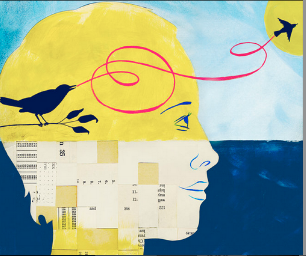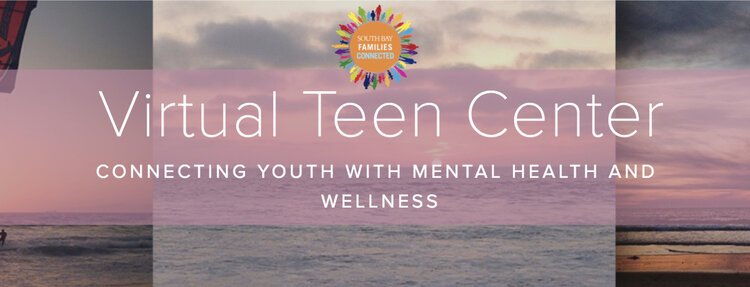This page aims to connect you with evidence-based information to inspire and equip you with knowledge and support to stave off drug and alcohol use during your teen years. For instructions to view this page in Spanish, click on en Español.
Families Connected Resources
Dealing with peer pressure (video) and stories from South Bay teens
Binge Drinking and Where I Landed by a South Bay teen
I "#PassOnIt" Because of My Best Friend by a South Bay teen
#PassOnIt: Why I Wish I Had Passed On It in High School by a Manhattan Beach teen
Why I #PassOnIt: The Effects of Alcohol and Marijuana on a Teenager's Brain and Future by a South Bay teen
Vaping: J.L.'s Top Five Reasons to Say, "I'll Pass” by a South Bay teen
Five Things I Learned from the Families Connected Website and Why I #PassOnIt When it Comes to Drugs and Alcohol by Merlene Heyning
Vaping: M.L.G.'s Top 5 Reasons to Say, “I #PassOnIt” by a South Bay High School Graduate
Thoughts from an Addict’s Little Sister by Breanna Strand
In the video above, Jennifer Barber Elledge, MPH, shares insight and tips about managing peer pressure.
Curated Gallery of Resources
Clicking on the logos, images, and links below will take you out of the Families Connected website and to the online resource indicated. Families Connected is not affiliated with these organizations, nor have these organizations paid to have their resources shared here. Please note that, unlike the Families Connected website, some of the websites/articles included here may display pop-up ads. Please read the terms of use agreement on this and all websites visited.
Take two minutes to learn why you need to protect your brain
More about why staving off use is critical for your brain development
Today's research tells us this: if you want reach your full potential and avoid alcohol and drug-related harm, the longer you can stave off alcohol and drug use the better. Note: this information does not apply to medically prescribed prescriptions for mental health issues.
Listen to the latest research on how marijuana and alcohol cause permanent damage to the developing teen brain, lowering test scores (NPR)
Important facts and tips
How to help a friend or family member
click on image to enlarge
What you can do if your parent or guardian is suffering from addiction
Know that one in four youth under age 18 lives in a family where a person abuses alcohol or suffers from alcoholism. You are not alone.
Take care of yourself.
Know it’s not your fault; it’s a disease. You didn’t cause it, and you can’t make it stop. You need and deserve help for yourself.
Remember the Seven Cs (see image). Consider saying them out loud.
Avoid using drugs and alcohol, particularly during your teen years. Children of a parent who is addicted to drugs or alcohol are more likely to become addicted if they choose to drink alcohol or use illegal drugs.
Find a caring adult to talk with. A school counselor is a great place to start. Talking about your feelings and finding resources can really help.
Join a support group. They’re great places to meet other young people who are struggling with the same problems at home that you face. To find a local support group, talk to your school counselor or social worker. You will also find resource and support lines in the National Resources section below. Again, you are not alone.
(Source: National Association for Children of Alcoholics)
Prevention tools and resources
Get the facts about the most commonly used drugs. Learn what they are and how using drugs can affect your body and your mind. (NIH National Institute on Drug Abuse)
If you are struggling, reach out for help
Substance Abuse and Mental Health Services Administration (SAMHSA): 1-800-662-HELP (4357)
SAMHSA’s National Helpline is a free, confidential, 24/7, 365-day-a-year treatment referral and information service (in English and Spanish) for individuals and families facing mental and/or substance use disorders.
Substance Abuse Service Helpline (SASH): 1-844-804-7500
By calling SASH, residents of Los Angeles County can find out about free treatment that is available with Medi-Cal, My Health LA, and other county-funded programs. The helpline is toll-free and available 24 hours a day, seven days a week. Translation services are available.
U.S. Substance Abuse and Mental Health Services Administration -SAMHSA: 800-662-4357
A toll-free, confidential 24/7 hotline (English & Spanish) for individuals and family members facing substance abuse and mental health issues.
You can find the location of Al-Anon/Alateen support meetings near you by calling 1-888-425-2666









